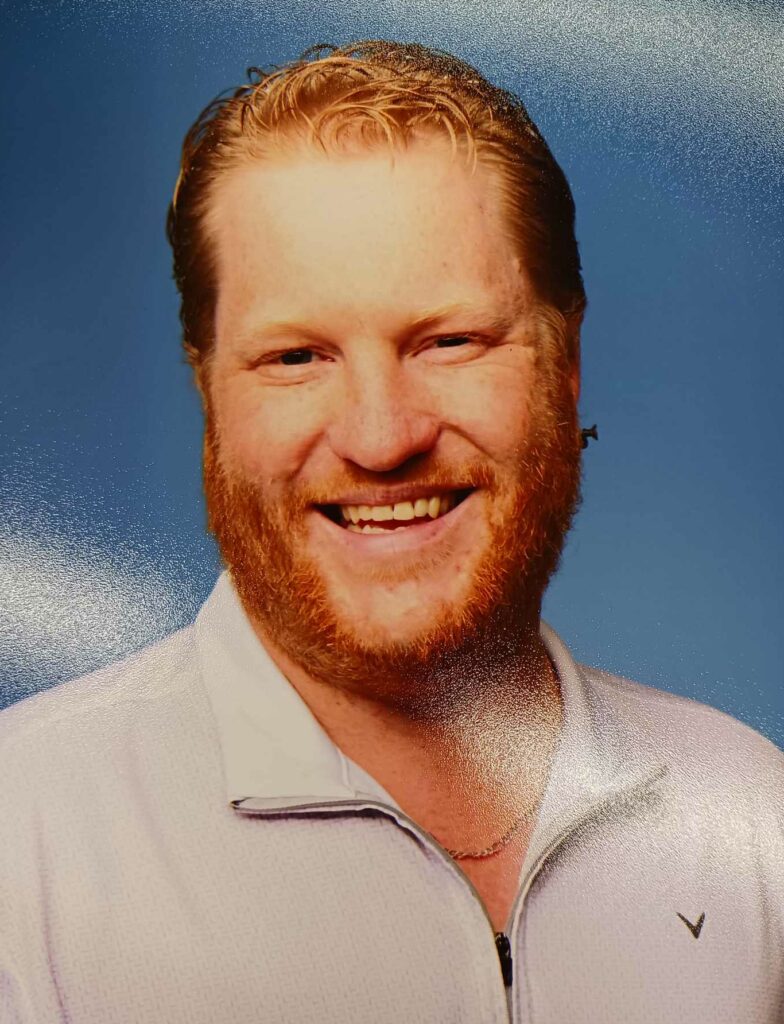When I think about my ongoing teacher inquiry question, I think about the hardest (and possibly the most important) challenge I had in the classroom, and that is differentiation. In any classroom, you can find a vast range of learners, with many different exceptionalities and special needs. I taught a grade 2/3 class for a time, and in that class, there were students that were at a pre-K, and up to even a grade 4 level. The biggest challenge is teaching lessons that are accessible to all your students. If your lessons are too difficult for your lower learners, then they will not be able to learn, and even if your lessons are too easy for your higher students, then you are disadvantaging them as well. In both of these situations, the students that you are “leaving behind” will not only be unable to learn, but they can also affect the learning of the students that could actually benefit from the lesson. I have taught in numerous classrooms that have had exceptional learners, and the one thing that I noticed was how important it was to challenge these students. When these students are challenged, they can excel, however if they are bored, they can be a disruption to the whole class. Ignorance would suggest that these students are “bad kids”, or “troublemakers”, but they really aren’t, they just need to be challenged. The first resources into this inquiry I have found is the book “One Without the Other: Stories of Unity Through Diversity and Inclusion”, by Shelley Moore. I do not own this book yet, but it is on my list to buy soon! This inquiry into differentiation will be for my entire teaching career. There are no easy answers to this question, but the continued journey for knowledge will only help my students more along the way.

Leave a Reply